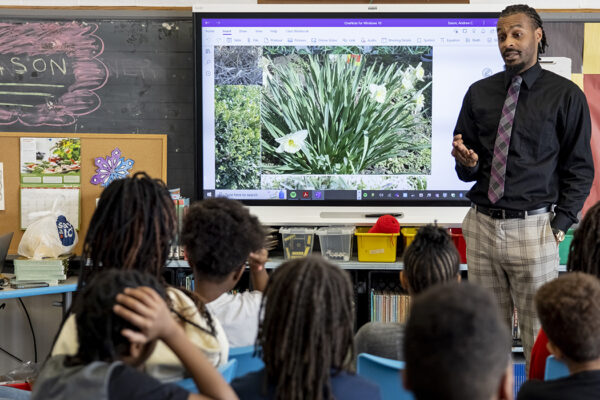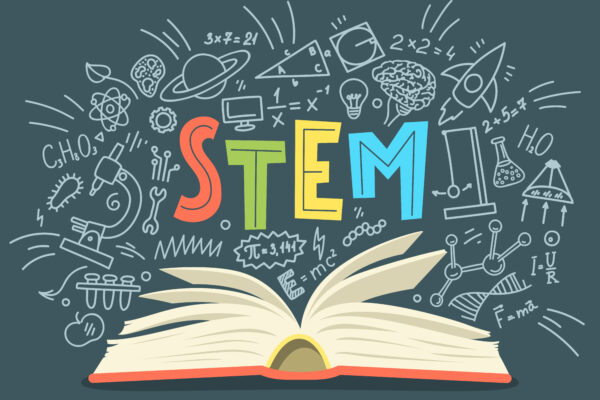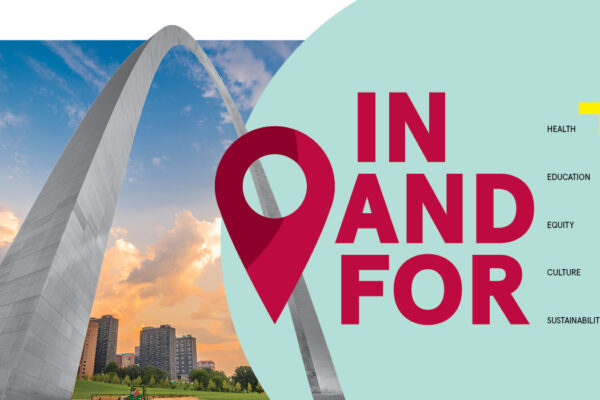Teaching science in a way that includes and engages all learners can be challenging for educators, but a new framework developed by the Institute for School Partnership (ISP) at Washington University in St. Louis provides criteria for equitable lesson development in elementary science.

A team of researchers and practitioners identified six categories that must be considered when developing equitable lessons: accessibility, relevance, rigor, representation, and a focus on students’ ideas and communities.
“These categories were identified by drawing on sociocultural and cognitive theories of learning,” said Rachel Ruggirello, ISP associate director and co-author of an article about the framework that was published in the journal Science and Children. Along with a look at the research behind the framework, the article, “A Framework for Equitable Lesson Development: Designing instruction to support meaningful, relevant and engaging learning experiences for all students,” features a sample lesson from the ISP’s mySci program.
Read more on the ISP website.


